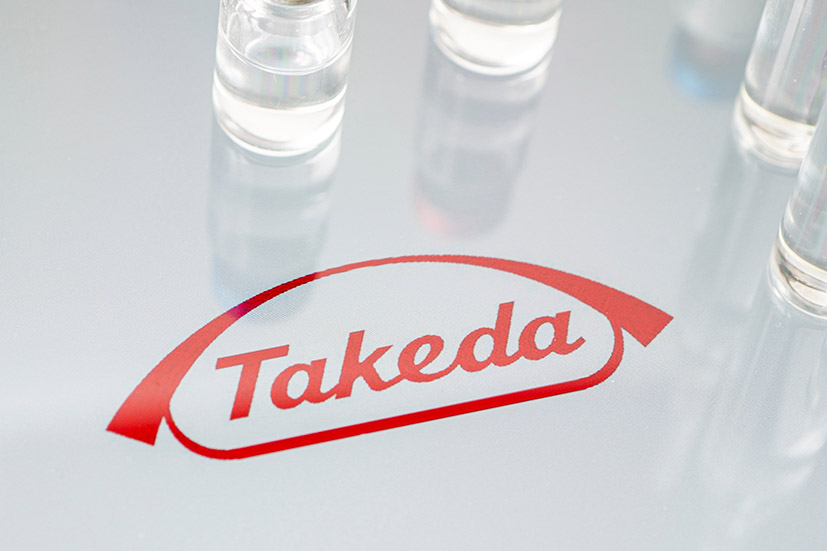The European Commission (EC) has approved Takeda’s ADZYNMA (recombinant ADAMTS13) for the treatment of ADAMTS13 deficiency in children and adult patients with congenital thrombotic thrombocytopenic purpura (cTTP). ADZYNMA is now the first and only enzyme replacement therapy in the European Union (EU) specifically for the treatment of cTTP. This approval includes confirmation of orphan medicinal product designation and follows a positive opinion from the Committee for Medicinal Products for Human Use.
cTTP is an ultra-rare, chronic blood clotting disorder caused by a deficiency in the ADAMTS13 enzyme. It is associated with acute events and debilitating chronic symptoms or thrombotic thrombocytopenic purpura (TTP) manifestations, which can include thrombocytopenia, microangiopathic hemolytic anemia, renal manifestations, stroke and abdominal pain. If left untreated, acute TTP events have a mortality rate of >90%.
“A century after the scientific discovery of cTTP, significant unmet needs remain for patients who continue to face life-threatening acute events and debilitating chronic symptoms with limited treatment options,” said Ricardo Marek, President, Europe and Canada Business Unit at Takeda. “This approval marks the first treatment specifically indicated to address the root cause of the disease – ADAMTS13 deficiency. Building on our 70-year legacy of innovation in rare blood disorders, we’re proud to offer ADZYNMA to cTTP patients in the EU and remain committed to bringing innovative medicines to rare disease patients with high unmet need.”
The EC approval was supported by the totality of evidence provided by the interim analysis of efficacy, pharmacokinetic, safety and tolerability data from the first randomized, controlled open-label, crossover Phase 3 trial in cTTP, as well as safety and efficacy data from the continuation trial. Data from the Phase 3 trial were published in The New England Journal of Medicine in May 2024.
In the Phase 3 trial, patients received 40 IU/kg ADZYNMA IV or plasma-based therapy every other week or weekly, based on regimen at enrollment for months 1-6 (period 1), crossing over to the alternate treatment for months 7-12 (period 2), and all patients received ADZYNMA for months 13-18 (period 3).
No patient experienced an acute TTP event while receiving ADZYNMA prophylactic treatment (n=45), while there was one acute TTP event in a patient receiving plasma-based therapies (n=46). One subacute TTP event was reported in one patient receiving ADZYNMA during the controlled comparison periods 1 and 2, compared to seven subacute TTP events in six patients receiving plasma-based therapies. In the continuation phase (period 3), efficacy results – incidence rates of acute and subacute TTP events – were consistent with the results from periods 1 and 2.
ADZYNMA demonstrated a favorable safety profile compared to plasma-based therapies. The most common adverse reactions (incidence >10%) were headache, diarrhea, dizziness, upper respiratory tract infection, nausea and migraine.
Takeda is investigating recombinant ADAMTS13 in adults with immune-mediated thrombotic thrombocytopenic purpura (iTTP), the acquired form of TTP, in an ongoing Phase 2b trial.


